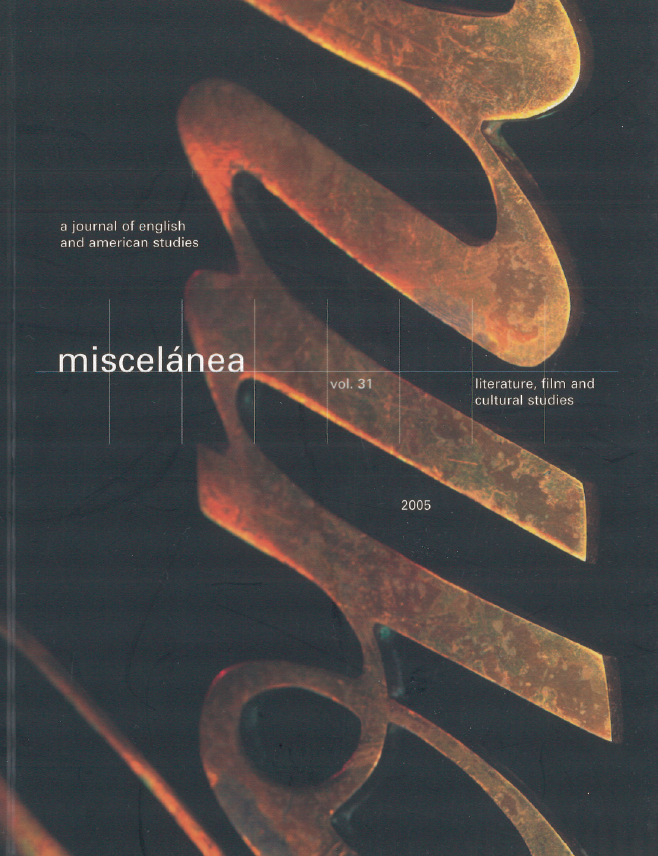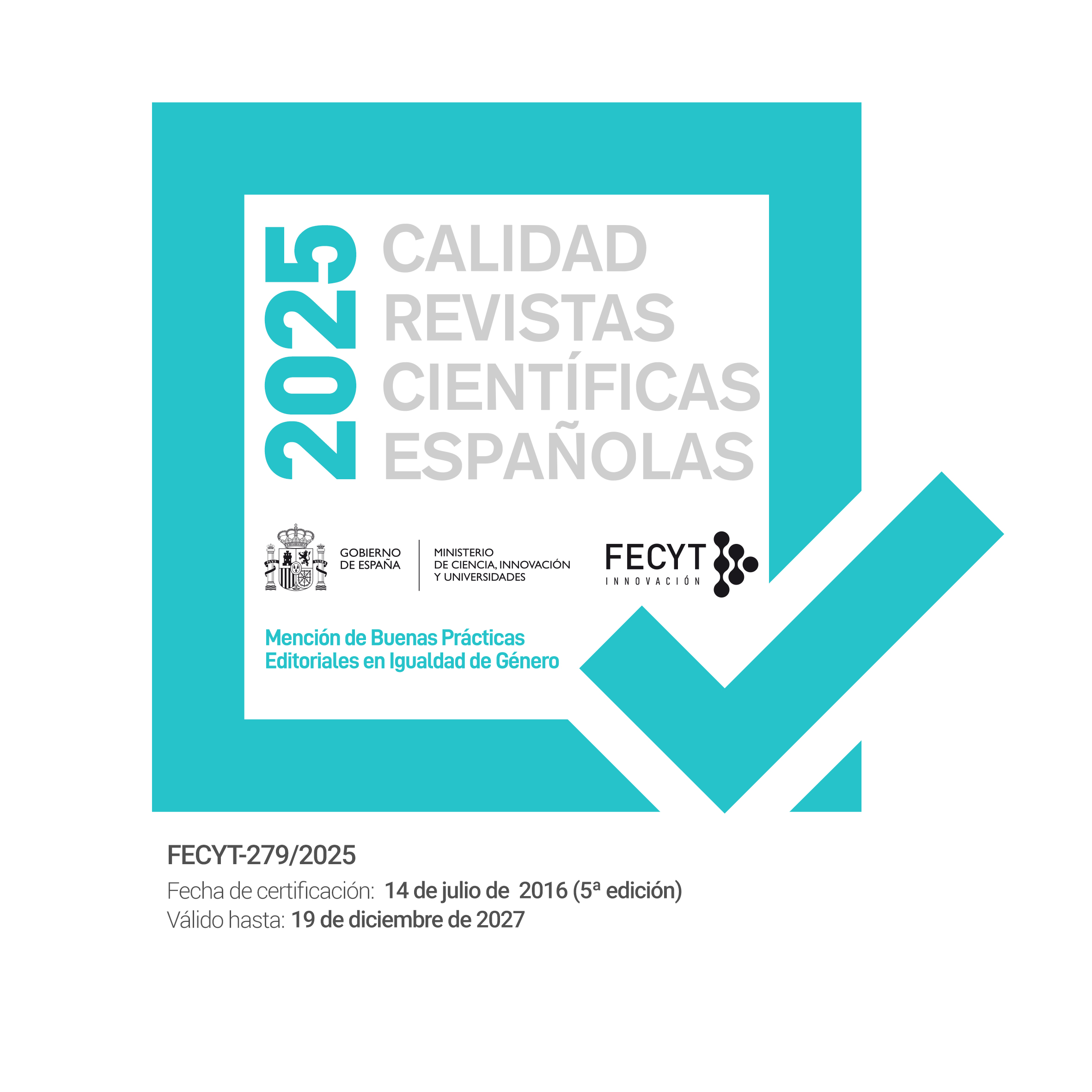A Critical Review of the Terminology and Taxonomies Used in the Literature on Lexical Errors
DOI:
https://doi.org/10.26754/ojs_misc/mj.200510380Keywords:
lexical errors, definition of , taxonomy of lexical errorsAbstract
This paper is a critical review of the terminology and the different taxonomies in the field of lexical errors. We intend to bring some order to the terminological and classificatory chaos in the field of lexical errors by analyzing, comparing, and systematizing the different terms and classifications. We will begin with a discussion of the role of vocabulary in communication, as an academic predictor, and of the severity of lexical errors as communication distractors. Then, we turn to the inconsistencies in terminology and typology of lexical errors in the literature on vocabulary acquisition and lexical errors. These inconsistencies in terminology and taxonomies are due to the lack of a common definition for the term “lexical error”. And furthermore, they are a cause of disorder and chaos in the field of vocabulary acquisition research and they have important academic and pedagogic consequences.
Downloads
References
BLUM-KULKA, Shoshana and Eddie A. LEVENSTON. 1978. “Universals of lexical Simplification”. Language Learning, 28: 399-415.
BOYD-ZIMMERMAN, Cheryl. 1997. “Historical Trends in L2 Vocabulary Instruction”. In Coady, J. and T. Huckin. (eds.).: 5-19.
COADY, James and Thomas HUCKIN. (eds.). Second Language Vocabulary Acquisition. Cambridge: Cambridge U. P.
CORDER, S. Pit. 1973. Introducing Applied Linguistics. Middlesex: Penguin Books.
DAGUT, Menachem B. 1977. “Incongruencies in Lexical ‘Gridding’ - An Application of Contrastive Semantic Analysis to Language Teaching”. IRAL, 15 (3): 221-29.
DUSˇKOVÁ, LibuSˇe. 1969. “On Sources of Errors in Foreign Language Learning”. IRAL, 7 (1): 11-36.
ELLIS, Rod. 1994. The Study of Second Language Acquisition. Oxford: Oxford U. P.
FROMKIN, Victoria. (ed.). Errors in Linguistic Performance. London: Academic Press.
GRABE, William and Fredricka STOLLER. 1997. “Reading and Vocabulary Development in a Second Language: A Case Study”. In Coady, J. and T. Huckin. (eds.).: 98-122.
HOTOPF, W. H. Norman. 1980. “Semantic Similarity as a Factor in Whole-Word Slips of the Tongue”. In Fromkin, V. (ed.).: 96-109.
—. 1983. “Lexical Slips of the Pen and Tongue: What they tell us about Language Production.” In Butterworth, Brian. (ed.). Language Production. Vol. 3. London: Academic Press: 146-99.
HUGHES, Arthur and Chryssoula LASCARATOU. 1982. “Competing criteria for error gravity”. ELT Journal, 36 (3): 175- 182.
HYLTENSTAM, Kenneth. 1988. “Lexical Characteristics of Near-Native Second Language Learners of Swedish”. Journal of Multilingual and Multicultural Development, 9: 67-84.
JIMÉNEZ CATALÁN, Rosa María. 1992. Errores en la producción escrita del inglés y posibles factores condicionantes. Madrid: Universidad Complutense.
—. 2000. “El concepto de competencia léxica en los estudios de aprendizaje y enseñanza de segundas lenguas”. ATLANTIS, 24 (1): 149-162.
JOHANSSON, Stig. 1978. “Problems in Studying the Communicative Effect of Learners’ Errors”. SSLA, 1 (1): 41-52.
KHALIL, Aziz. 1985. “Communicative Error Evaluation: Native Speakers Evaluation and Interpretation of Written Errors of Arab EFL Learners”. TESOL Quarterly, 19 (2): 335-352.
LAUFER, Batia. 1986. “Possible Changes in Attitude Towards Vocabulary Acquisition Research”. IRAL, 24 (1): 69-75.
—. 1990a. “‘Sequence’ and ‘Order’ in the Development of L2 Lexis: Some Evidence from Lexical Confusions”. Applied Linguistics, 11 (3): 281-96.
—. 1990b. “Why Are Some Words More Difficult than Others?- Some Intralexical Factors that Affect the Learning of Words”. IRAL, 28 (4). 293-307.
—. 1991. “Some Properties of the Foreign Language Learner’s Lexicon as Evidenced by Lexical Confusions”. IRAL, 29 (4): 317-30.
—. 1997. “The Lexical Plight in Second Language Reading”. In Coady, J. and T. Huckin. (eds.).: 20-34.
LAUFER, Batia and Paul NATION. 1995. “Vocabulary Size: Lexical Richness in L2 Written Production”. Applied Linguistics, 16: 307-22.
LAUFER, Batia and T. Sima PARIBAKHT. 1998. “The Relationship Between Passive and Active Vocabularies: Effects of Language Learning Contexts”. Language Learning, 48 (3): 365-91.
LENNON, Paul. 1990. “Error: Some Problems of Definition, Identification, and Distinction”. Applied Linguistics, 12 (2): 180-95.
—. 1991. “Error and the very Advanced Learner”. IRAL, 29 (1): 31-44.
MAINGAY, Susan and Michael RUNDELL. 1987. “Anticipating Learners’ Errors–Implications for Dictionary Writers”. In Cowie, Anthony. (ed.). The Dictionary and the Language Learner. Tübingen: Max Niemeyer: 128-35.
MEARA, Paul. 1984. “The Study of Lexis in Interlanguage”. In Davies, Alan, C. Criper and A. P. R. Howatt. (eds.). Interlanguage. Edinburgh: Edinburgh U. P.: 225-239.
—. 1996. “The Dimensions of Lexical Competence”. In Brown, Gillian, Kirsten Malmkjaer and John Williams. (eds.). Performance and Competence in Second Language Acquisition. Cambridge: Cambridge U. P.: 35-53.
NAGY, William E. and Patricia A. HERMAN. 1987. “Breadth and Depth of Vocabulary Knowledge: Implications for Acquisition and Instruction”. In McKeown, Michael and Michael Curtis. (eds.). The Nature of Vocabulary Acquisition. Hillsdale: Lawrence Erlbaum.
NATION, Paul. 1990. Teaching and Learning Vocabulary. Boston: Heinle and Heinle.
—. 2001. Learning Vocabulary in Another Language. Cambridge: Cambridge U. P.
NOOTEBOOM, Sieb G. 1980. “Speaking and Unspeaking: Detection and Correction of Phonological and Lexical Errors in Spontaneous Speech”. In Fromkin, V. (ed.).: 87-95.
OHLSTAIN, Elite. 1987. “The Acquisition of New Word Formation Processes in Second Language Acquisition”. SSLA, 9: 221-32.
PALMBERG, Rolf. 1987. “Patterns of Vocabulary Development in Foreign Language Learners”. SSLA, 9: 201-20.
READ, John and Carol A. CHAPELLE. 2001. “A Framework for Second Language Vocabulary Assessment”. Language Testing, 18: 1-31.
RINGBOM, Håkan. 1983. “Borrowing and Lexical Transfer”. Applied Linguistics, 4 (3): 207-12.
SCHMITT, Norbert. 1998. “Teaching the Incremental Acquistion of Second Language Vocabulary: A Longitudinal Study”. Language Learning, 48 (2): 281-317.
SCHMITT, Norbert and Paul MEARA. 1997. ”Researching Vocabulary through a Word Knowledge Framework”. SSLA, 19: 17-36.
SINGLETON, David. 1999. Exploring the Second Language Mental Lexicon. Cambridge: Cambridge U. P.
VERHALLEN, Marianne and Rob SCHOONEN. 1993. “Lexical Knowledge of Monolingual and Bilingual Children”. Applied Linguistics, 4: 344-63.
—. 1998. “Lexical Knowledge in L1 and L2 of Third and Fifth Graders”. Applied Linguistics, 19: 452-70.
WARREN, Beatrice. 1982. “Common Types of Lexical Errors among Swedish Learners of English”. Moderna Språk, 76 (3): 209-28.
WESCHE, Marjorie and T. Sima PARIBAKHT. 1996. “Assessing Second Language Vocabulary Knowledge: Depth versus Breadth”. Canadian Modern Language Review, 53 (1): 13-40.
ZIMMERMANN, Rüdiger. 1986a. “Classification and Distribution of Lexical Errors in the Written Work of German Learners of English”. Papers and Studies in Contrastive Linguistics, 21: 31-40.
—. 1986b. “Semantics and Lexical Error Analysis”. Englisch-Amerikanische Studien, 2: 294-305.
—. 1987. “Form-oriented and Content-oriented Lexical Errors in L2 Learners”. IRAL, 25 (1): 55-67.
ZUGHOUL, Muhammad Raji. 1991. “Lexical Choice: Towards Writing Problematic Word Lists”. IRAL, 29 (1): 45-60.
Downloads
Published
Issue
Section
License
Copyright (c) 2005 María Pilar Agustín Llach

This work is licensed under a Creative Commons Attribution-NonCommercial 4.0 International License.


